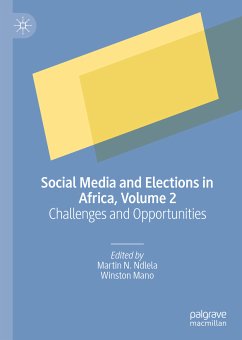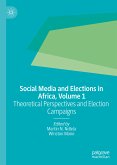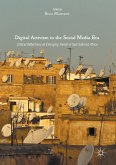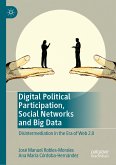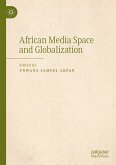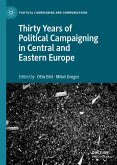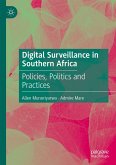This book, the second of two volumes, explores the challenges and opportunities presented by the increased presence of social media within African politics. Electoral processes in Africa have assumed new dimensions due to the influence of social media. As social media permeates different aspects of elections, it is ostensibly creating new challenges and opportunities. Most evident are the challenges of hate speech, misogyny and incivility. This book considers the impact of digital media before, during, and after elections, as well as authorities' attempts to legislate and regulate the internet in response. Contributions to this volume analyse social media posts, transgressive images, newspaper articles, and include case studies of Algeria, Zimbabwe, Kenya, South Africa, Nigeria and Uganda. This results in the delivery of an original depiction of the use of social media in a variety of African contexts. This book will appeal to academics and students of media and communication studies,political studies, journalism, sociology, and African studies.
Dieser Download kann aus rechtlichen Gründen nur mit Rechnungsadresse in A, B, BG, CY, CZ, D, DK, EW, E, FIN, F, GR, HR, H, IRL, I, LT, L, LR, M, NL, PL, P, R, S, SLO, SK ausgeliefert werden.

